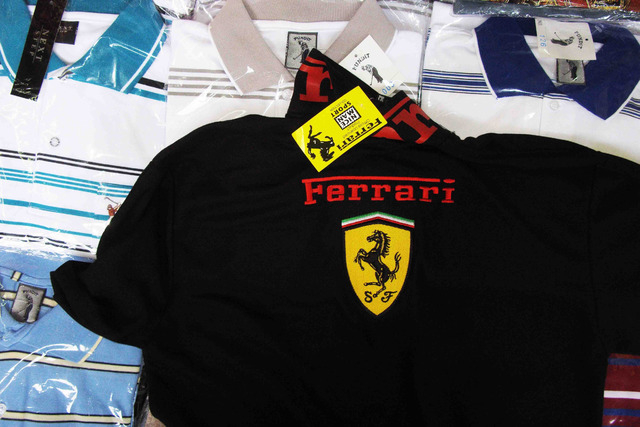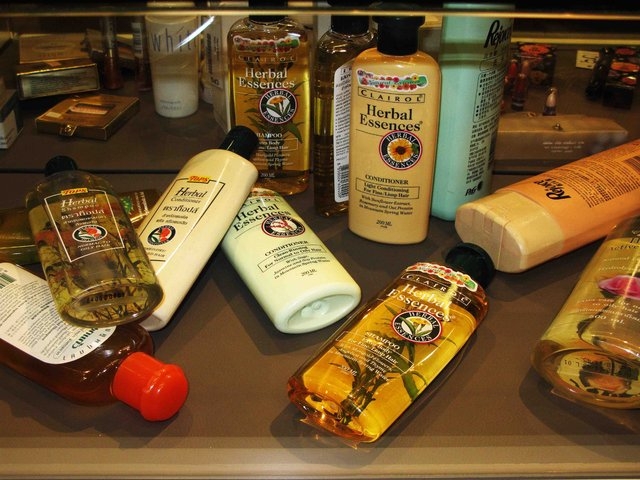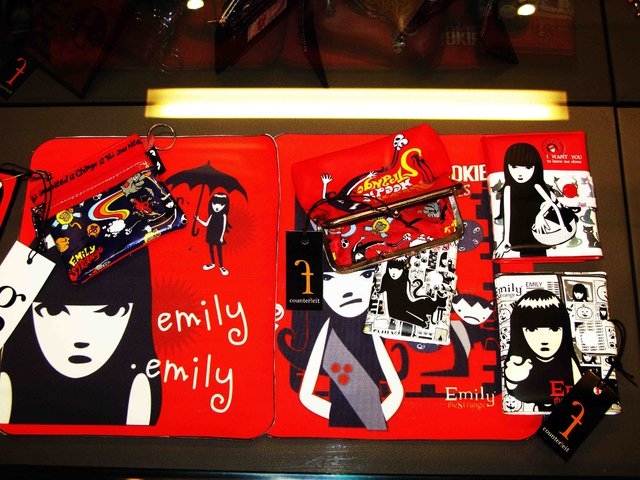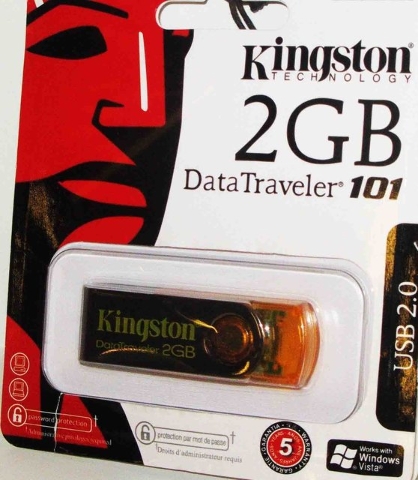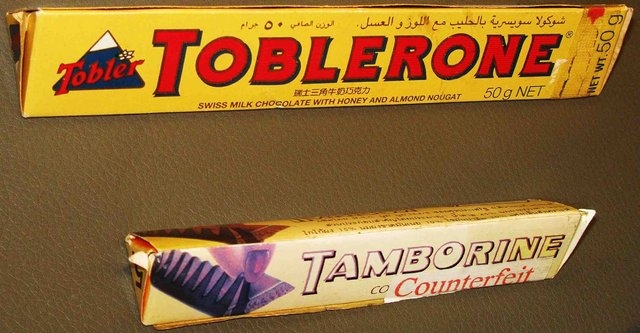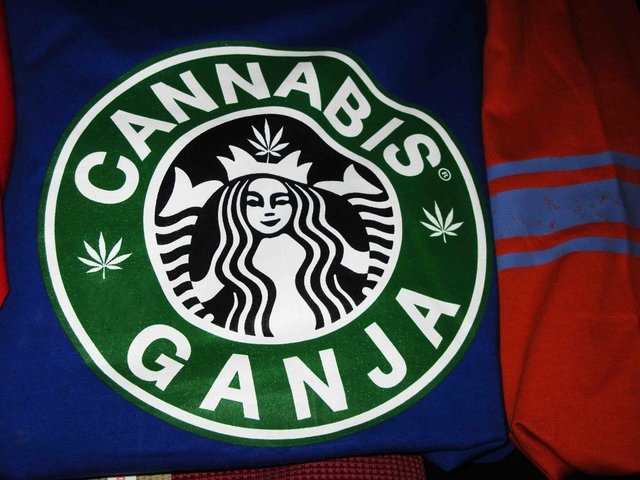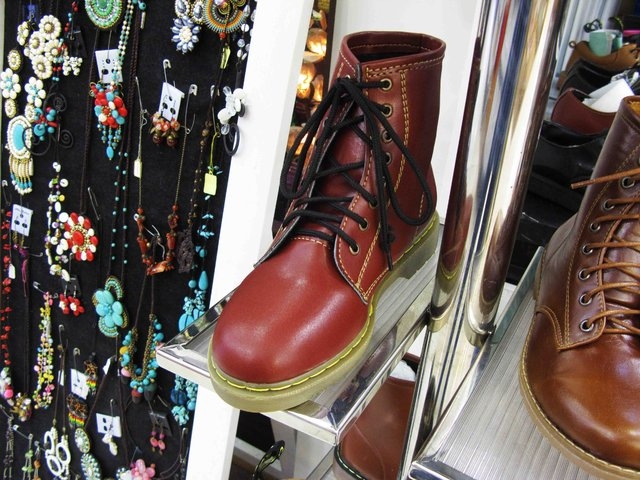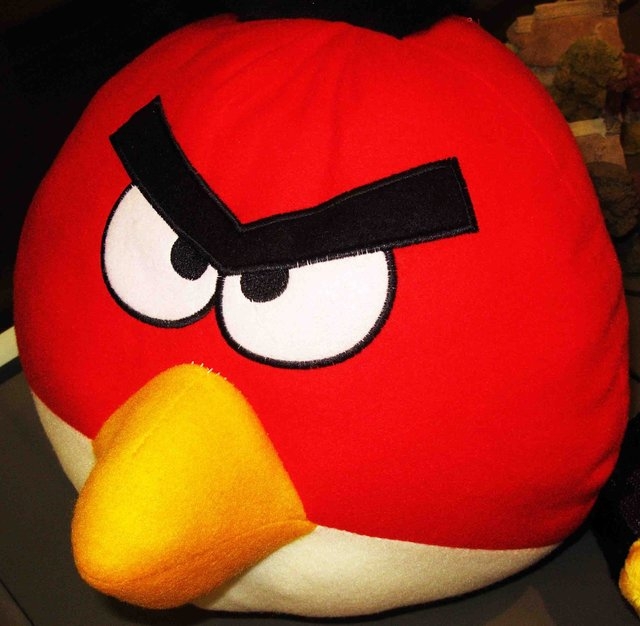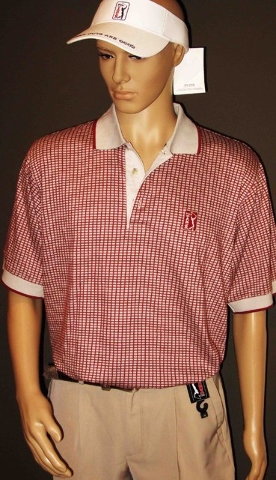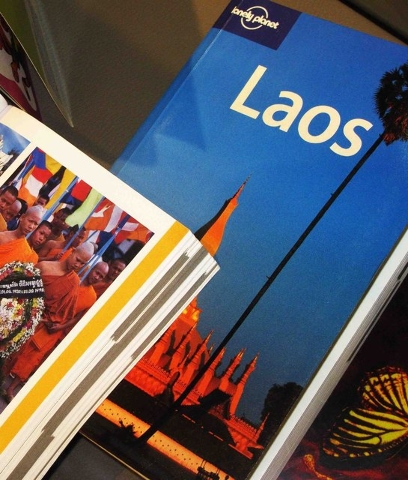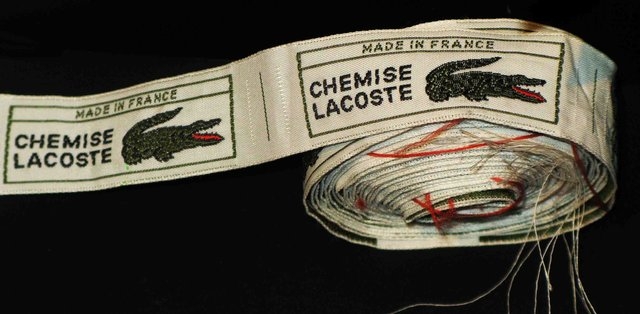Here’s where your counterfeit goods come from
BANGKOK, Thailand — On streets in Bangkok and in some of its glistening air-conditioned malls, countless counterfeit Rolexes, DVDs, Gucci fashion accessories and other products are openly on sale.
Foreign tourists flock to Thailand’s ubiquitous street markets, fascinated by the look and feel of the high-quality counterfeit goods openly on display and the cheap prices shouted out by touts.
The ambiance of carefree shopping in public for such items make many tourists blasé about committing a crime they might never consider back home.
They also see Thais eagerly purchasing the same items, lending an illusion of acceptability, even though everyone knows the goods are illegal and might get confiscated by international customs agents who often impose heavy fines.
But who are Thailand’s notorious counterfeiters?
Armed gangsters, wealthy businessmen, savvy importers, enthusiastic housewives and thrill-seeking students are all profiting by illegally selling copyrighted items.
Legal loopholes, the cost of investigations, fears of violence — and the sheer quantity of fake goods — enable them to publicly offer their wares with in-your-face sales pitches in English, Chinese and other tourist-friendly languages.
People who want an expensive logo or style for a surprisingly cheap price enjoy shopping in Thailand despite American, European, Thai and other efforts to stop intellectual property right infringement.
‘It’s a fake, but no problem.’
“OK, this is a copy, not real, but no problem,” a cheerful Thai woman says, pointing to a black knit polo shirt emblazoned with a Ferrari logo.
“Why I have to worry from police? I am not selling drugs, I am not selling heroin. I don’t steal this shirt from anybody,” she says in the dilapidated maze of Bangkok’s wholesale and retail Pratunam Market.
“I pay police 30,000 baht ($940) every month or every two months,” says a nearby seller of fake Rolexes and other top wristwatches.
This cash allegedly goes to allow his stall to sell counterfeit wristwatches and avoid occasional crackdowns, though he’s not in the mood to describe those precise benefits.
His Pratunam stall conveniently displays an official Rolex catalog, to convince customers that his Rolexes look just like genuine ones — but 10 times cheaper.
Similarly, in nearby Patpong Road’s tourist-thronged Night Market, a stall displays a fake Rolex Oyster Perpetual Submariner for less than $100.
Various retailers sell the genuine item online for $6,500 and upward.
“The real Rolex is made in Switzerland,” the dealer says. “This one is made on a Japanese machine in Taiwan.”
In an air-conditioned mall several miles away, a sign deceptively advertises “Dr. Martens” next to boots resembling the real thing, but without any logos on the leather or soles.
“The original Doctor Martens are more than 3,000 baht ($94) but these are only 999 baht ($31),” a young Thai man says.
“Same design. Same material. This one is made in Thailand.”
MBA marketing techniques
In Bangkok, Pattaya, Phuket, Koh Samui, Chiang Mai and other tourist sites, these small-time vendors are often from Myanmar, Bangladesh, Nepal and other impoverished South Asian countries because they speak English and are considered expendable if police bust them.
At the top of the counterfeit chain, however, knowledgeable men and women are using the same marketing and logistics techniques currently taught to MBA students, especially for sourcing imports.
That’s because during the past decade, tougher laws, professional training, corporate vigilance and tighter controls in Bangkok hit counterfeiters who secretly operated big sweatshop factories in Thailand.
These became increasingly easy for investigators to find.
As a result, much of the high-quality fake stuff is now imported from counterfeit producers in China, South Korea and Taiwan, according to vendors and counterfeiters in Bangkok’s streets, when asked where most of their fake DVDs, upmarket designer handbags and wristwatches come from.
The goods are routed overland through Laos and Cambodia to Bangkok, or shipped directly.
“There aren’t any more large facilities to produce counterfeit products in Thailand, but there tend to be more imports of counterfeit products into Thailand,” says intellectual property lawyer Suebsiri Taweepon with the prestigious Tilleke & Gibbins law firm.
“Most are from mainland China. Some might be from Vietnam, Cambodia or Laos a little bit, but mostly they will originally come from China.”
Finding ‘big fish’ not easy
“I am working (with) top brands from all over the world, and every client asks us to go after the big fish, not the small player,” says Suebsiri.
But imports are now more common, compared to previous production-and-storage operators in Thailand, making the task difficult.
“It is not that easy anymore to find the large warehouse [in Thailand] to store a large number of counterfeit products,” Suebsiri says.
Small-time vendors themselves often craft the simpler Thai-made fakes such as shirts, pants, shoes and other products that they can make themselves at home or in small buildings, sometimes by also hiring relatives and friends.
“I think there are no actual top bosses in Thailand for making those products, because Thais are so good at producing clothing and it is quite easy to be produced as well,” Suebsiri says.
“They just change the way they use their skill for producing handicrafts, to producing counterfeit products.”
Expired licenses don’t stop production
Investigators who spoke to CNN under the condition of anonymity say the most dangerous and feared dealers are suspected of having warehouses of imported counterfeit goods mostly hidden in Sa Kaeo province, along the Thai-Cambodian border, near the popular secondhand Rong Kluea market. (The private investigators ask to remain anonymous because they need to continue sleuthing around Sa Kaeo province and elsewhere, without being known to the counterfeiters or risking their personal safety.)
Those items are produced in China and brought overland into Thailand from Cambodia.
Experienced smugglers are protected from arrest, or competition by other counterfeiters encroaching on their market, because the smugglers are known to offer big wads of cash or threaten violence, according to investigators.
Some wealthier, urbane, professional Thais illegally make their high-quality sophisticated items in plain sight, without hiding their factories.
“This type of case could involve an ex-licensee, who got the license to produce the product under the brand owner’s license in the past, but once the license expired, they continued to produce the products,” Suebsiri says.
“They have all the facilities, they have all the technique, they have all the materials.”
Their biggest profits often involve churning out famous-brand automobile accessories, medicine or other costly goods while ignoring the copyright or trademark owners.
Counterfeiting masterminds
In Thailand, there have been criminal cases involving people and companies whose original legal licenses have expired, but who continued to make automobile air bags for luxury European cars — for export — according to Suebsiri.
Other wealthy counterfeiters invest thousands or millions of dollars to register the brand names of foreign companies in Bangkok — before that company has done so — in an effort to exploit the brand for as long as possible before being sued by the foreign owners, says Suebsiri.
These high-end product counterfeiters tend to be extremely wealthy, and defend themselves in court proceedings with expensive legal teams.
Unlike the border smugglers, they’re not fearsome, armed gangs.
“They are just normal guys. They have a big house, they have a luxury brand car. They claim to know officials. And many of them also have legitimate businesses,” Suebsiri says.
Other Thai counterfeiters aren’t rich.
They’re middle- and lower-class people with enough street smarts to successfully hustle.
“They could be a housewife who asks a factory to produce a number of shoes of a certain brand,” Suebsiri says.
“Or students who would like to make some money for having fun with their friends. They might [illegally] download the movies from several sources.
“They just leave their computer on, to download things 24/7 everyday.
“They might download e-books. They might scan comics, and make it as an e-book and sell it to others for a cheap price.”
Thailand’s operators — big and small — also sell their imitations through Instagram, Facebook, Tumblr, Line and other online social media.
“The secret life of an intellectual property infringer or counterfeiter? There is no secret. It could be anyone,” Suebsiri says.
Lack of enforcement
Thailand’s police and Customs Department seized more than 2.3 million counterfeit items and arrested 9,795 people in 2013, according to the latest statistics from the Commerce Ministry’s Department of Intellectual Property (DIP).
“The Department of Intellectual Property of Thailand plays a central role in promoting effective protection of intellectual property rights through keeping register of rights, development of legal infrastructure, public education and awareness campaigns to nurture a respect for IP rights and collaboration with law enforcement agencies particularly the Customs Department and the Royal Thai Police in fighting against manufacturing, importation and sales of counterfeit goods,” DIP’s director general, Malee Choklumlerd, said in a statement to CNN when asked about efforts to stop the fakes.
“Fresh efforts have been made, such as the passage of amendments to the Money Laundering Prevention and Suppression Act … which have added intellectual property infringements as a predicate money-laundering offense,” she said.
“The changes now provide a vitally important tool to address concerns, particularly with large-scale infringers and organized crime. The amended law includes the tool of freezing assets related to illegal production and trading of infringing goods,” Malee said.
Yet these efforts haven’t satisfied some local critics.
“The current military government, like those before it, is ignoring the increasing violations that endanger and damage the country and its citizens,” warned a recent Bangkok Post editorial.
“Counterfeit medicine is widely sold in containers almost identical to the original,” it said.
“Low-quality tires are fitted as high-end products, and sold to consumers unable to detect the difference.”
The U.S. government’s annual “Review of Notorious Markets,” issued on March 5 by President Obama’s trade representative, said Thailand has a “large number of markets offering counterfeit and pirated goods and services, and a relative lack of enforcement.”
“Thailand remains on the Priority Watch List in 2015,” the Office of the United States Trade Representative said in its April report focusing on the international protection of Intellectual Property Rights (IPR).
“The United States notes Thailand’s stated desire to improve IPR protection and enforcement. At the same time, IPR enforcement does not seem to be a top priority for Thai law enforcement, and poor coordination among government entities has seen limited improvement despite the launch of the National IPR Center of Enforcement in 2013,” it said.
“The United States urges Thailand to do more to address longstanding organizational challenges to enforcement and to prioritize IPR enforcement.”
Washington is concerned about Bangkok’s “backlog in pending patent applications, widespread use of unlicensed software in both the public and private sectors, growing Internet-based copyright piracy, rampant trademark counterfeiting, lengthy civil IPR proceedings and low civil damages, and extensive cable and satellite signal theft.”



